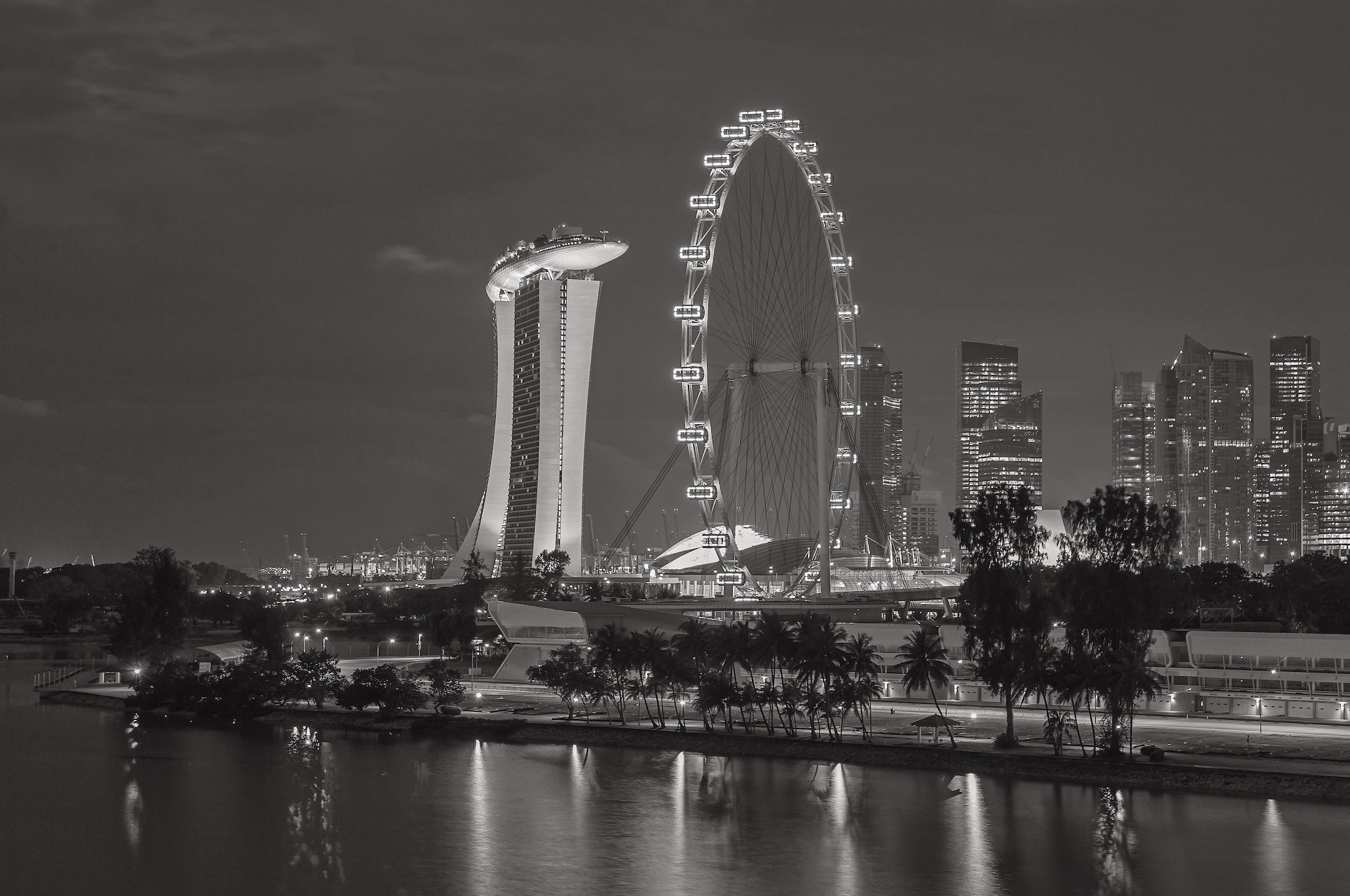Brexit-backing industrialist/engineer James Dyson has chosen to build his new electric car in Singapore.
Naturally, the likes of Andrew Adonis and Alastair Campbell were quick to weigh in, accusing Sir James of hypocrisy. Best for Britain, the anti-Brexit organisation, called the news “astonishing”.
Campbell even claimed that Sir James supported Leave to further his own business interests – that’s to say nothing of his yet more outlandish suggestion that the company’s hand dryers don’t work.
There’s a great deal of nonsense to unpick here. First is the idea that because Sir James supported Brexit, he’s somehow obliged to locate his global company’s manufacturing in the UK. As Dyson non-exec Ian Robertson has said, the decision to base the plant in Singapore is to do with access to Asia’s enormous and ever-growing market, rather than whatever trading arrangements Britain has with the EU.
Another awkward fact for Campbell and co is that Dyson has based its manufacturing in Asia since the early 2000s, when we were very much at the heart of the European project. That doesn’t mean his company isn’t creating jobs in the UK though – the size of the firm’s British workforce has tripled in the last five years to nearly 5,000 people. And those are exactly the kind of highly skilled jobs we ought to prize. The fact they aren’t jobs in a manufacturing plant is neither here nor there.
And just because a certain section of the British population seem to spend 95 per cent of their time fulminating about Brexit, that doesn’t mean anyone else has to. Brexit may be all-consuming in Westminster, but when Sir James and his colleagues sat down to discuss the move, it’s seems unlikely that anyone on Dyson’s board said “Ah, well, Sir James, you voted Leave, so we better make sure this new plant is in Britain in case you get accused of hypocrisy.”
What matters to Dyson is whether they can get their goods to the markets they want to sell into in a timely and cost-effective manner. A strong engineering base, along with easy access to the Chinese market is the rationale behind Dyson’s investment in Singapore — neither of which has much to do with Brexit. Nor is Dyson’s move the sort of bargain-basement offshoring that firms who move a plant to the far east are often accused of.
Singapore is, of course, a very different sort of economy to the UK. It’s also a pretty successful one. That is a fact that seems lost on the likes of Jeremy Corbyn, who likes to accuse the Tories of wanting to turn the UK into some kind of Singapore-on-Thames. Would that be such a bad thing? Who wouldn’t want high wages, lower taxes, and world-beating health and education systems?
If there is a Brexit lesson from Dyson’s Singapore move, it has nothing to do with the alleged hypocrisy of a Leave supporter, or the direct consequences of Britain’s trading relationship with the EU27.
Rather, it is a reminder of what will really determine Britain’s fortunes once we leave the EU. It is a lesson about skills, openness to talent and creating a taxation and regulation system that encourages enterprise. That doesn’t necessarily mean “light touch” — after all, Singapore has been wildly successful while maintaining “regulatory and supervisory standards that are among the highest in the world”, according to the IMF.
By the same token, it’s worth remembering that there’s a lot more to a country’s economic performance than tariffs and trade deals. As the former banker and Treasury minister Jim O’Neill noted at a recent CapX event, “you can do a lot of things in trade irrelevant of what kind of trade agreement you have”.
Germany, for instance, does vastly more business with China than the UK does, despite identical trade arrangements to the UK. Equally, our biggest individual trading partner is the United States, with whom we don’t currently have a trade deal. Those who speak as though Brexit means abandoning all trade with the continent would also do well to bear that in mind.
Given that we want to create a business-friendly environment here in Britain, it’s concerning to read the former head of the Office of Fair Trading, John Fingleton, criticising the Government’s plan to set additional national security tests for company takeovers. It’s a move that, in Fingleton’s words, will create a “huge regulatory burden” and “chill foreign investment” into the UK — all at a time when we want maximum openness to the world.
That’s one of the great frustrations about the political impasse over Brexit. Our political class is bogged down in talking about customs arrangements, tariffs and Theresa May’s future when we should be talking about how to turn the UK into the world’s best place to invest and do business. Cheap shots at one of the UK’s most successful entrepreneurs is just another pointless distraction from that essential task.








